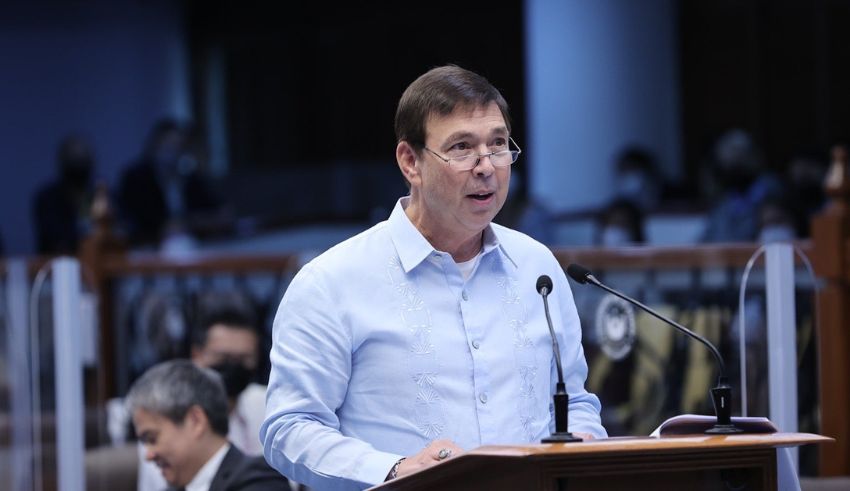
The 5.767 trillion Philippine government budget for the 2018 year has sparked worries about a possible rise in national debt. According to Ralph Recto, the deputy speaker of the House, this budget might cause the government to accrue more debt, amounting to an estimated 4 billion every day. Only 11.7 billion of the country’s daily spending goal 15.8 billion can be funded by tax revenue, leaving a sizeable financial deficit of 4 billion that would need to be filled each day by borrowings. The ramifications of such a budget are examined in this article, highlighting the startling levels of both spending and borrowing.
Deputy Speaker Recto stressed the significance of regularly reviewing the budget to appreciate its size fully. The administration’s emphasis on the proposed spending often obscures the considerable sum needed to support it, primarily funded by borrowing. Despite the outstanding initiatives included in the estimated expenditure of 15.8 billion per day, the cost and its effects on future generations are frequently minimised.
The projected budget will result in high debt servicing costs and the need for borrowing to pay for daily necessities. Recto stated that in 2024, just paying the interest would cost the Philippines 1.8 billion every day. Additionally, when the 3.4 billion principle amortisation requirement is added to the interest payment, the daily “real” debt service cost comes to about 5.2 billion. High debt payment costs might make it difficult for the country to manage its financial obligations and could jeopardise long-term economic stability.
Keep Reading
The concern expressed by Deputy Speaker Recto regarding the debt being transferred to future generations poses significant issues concerning economic responsibility. The government may run up a sizable debt that will fall on future generations to pay off because a sizable amount of the budget is funded by borrowing. The long-term repercussions of such debt payments may significantly affect the nation’s infrastructure growth, social welfare programs, and economic growth.
The proposed 5.767 trillion dollar budget for the upcoming year offers the Philippine government both exciting potential and massive problems. While many projects and activities are intended to be supported by the allocated cash, the weight of ongoing borrowing and rising debt servicing expenses necessitates careful assessment. To maintain sustainable economic growth and the welfare of future generations, it advocates for a balanced approach to fiscal management. To successfully traverse the financial landscape, officials must consider the most cautious and responsible course of action as the budget proposal waits for review and approval in the House of Representatives.



























